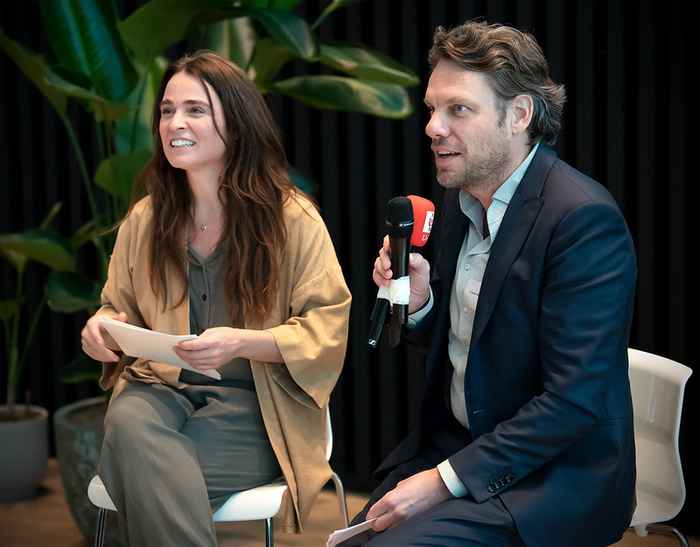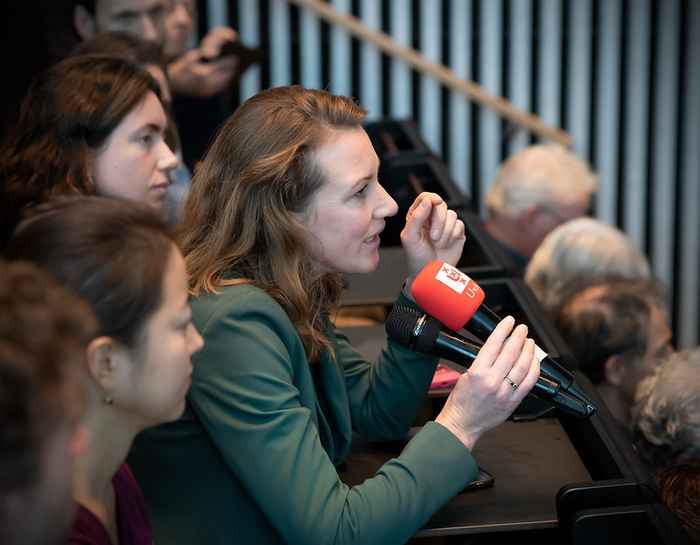Tips on how to get your research published by journalists
20 December 2023

We asked Waagmeester to give us some tips. And here’s what he said:
- Give us time! We often get a press release saying ‘Today this research was presented at the University of Amsterdam. But that's too late because these are complicated stories. We need production time, we need to find places to film, we need to find people to tell the story. Two days is great, two weeks is even better.
- Communicate the dilemma. So communicate not only your findings but also what is not known. Tell us at what intersection you are in your particular field of research. It may be very important for our public to know that we simply don't know. So tell us the dilemma.
- Don't try to write the headline for us. We can write the headline.
- Communicate the caveat with us, communicate the trap. So you've been doing the research, and you know better than us where you can easily misinterpret the outcome of your research. If you tell our journalists what is the easy trap to fall into, it helps our journalists to be more comfortable, more confident while reporting on it. It also helps a journalist to select more quickly and spend more time digging into the subject.
- Don't try to ‘read’ the news cycle, that's a mistake many people make. Don’t think: now it's COP28, so now we have their attention and we’re going to give our research because they'll be happy with my story. It's actually the other way around because during COP 28 there was so much news related to climate change that we were already completely packed with climate news. So rather give us your research under an embargo. We’re used to working with embargoes, so don't be afraid and let us decide together with you what's the right timing for publication.
- By the way, it helps a lot to know the specialists in the newsroom, the climate journalists. It helps if there is a relation, if they know what to expect.
But at the end of the day, Waagmeester concluded: “You simply have to be lucky. The news cycle is super unpredictable and you never know what's going to happen on a particular day. If your research is not covered in our news, it doesn't mean that we are not interested in it, and it doesn't mean that we don't want to present it to our public, it's just because the news cycle also dominates us.”
